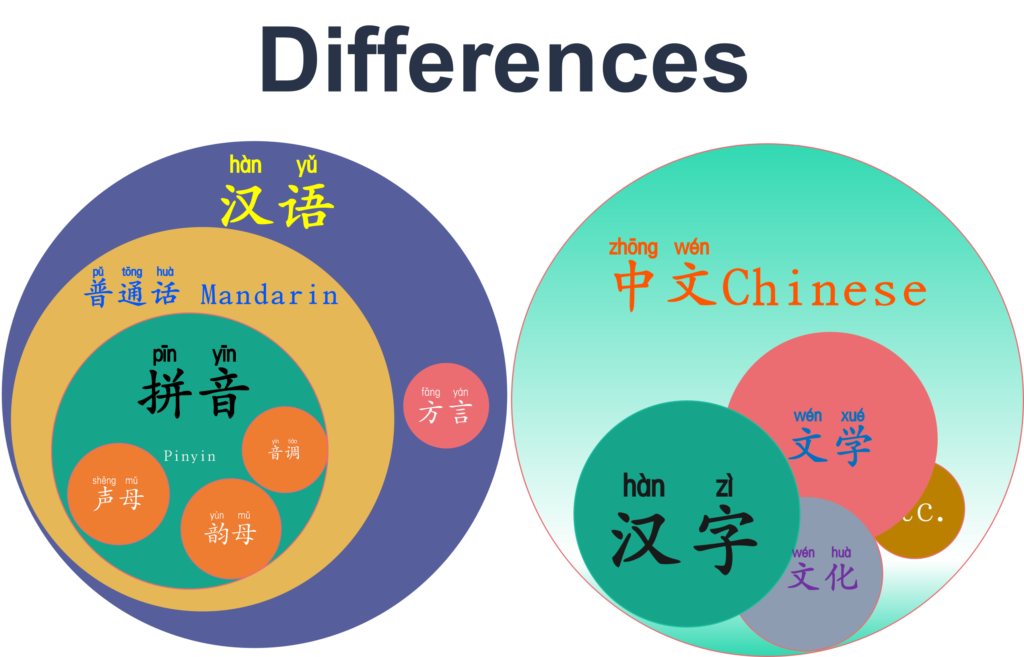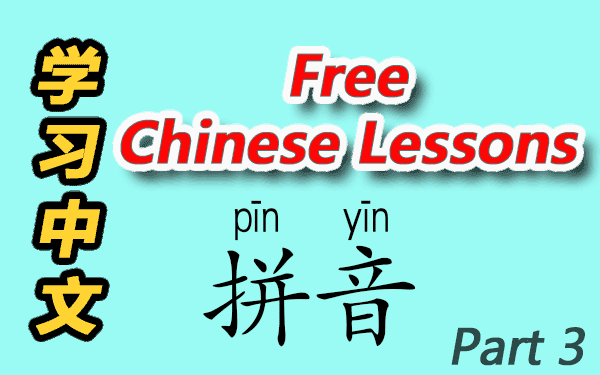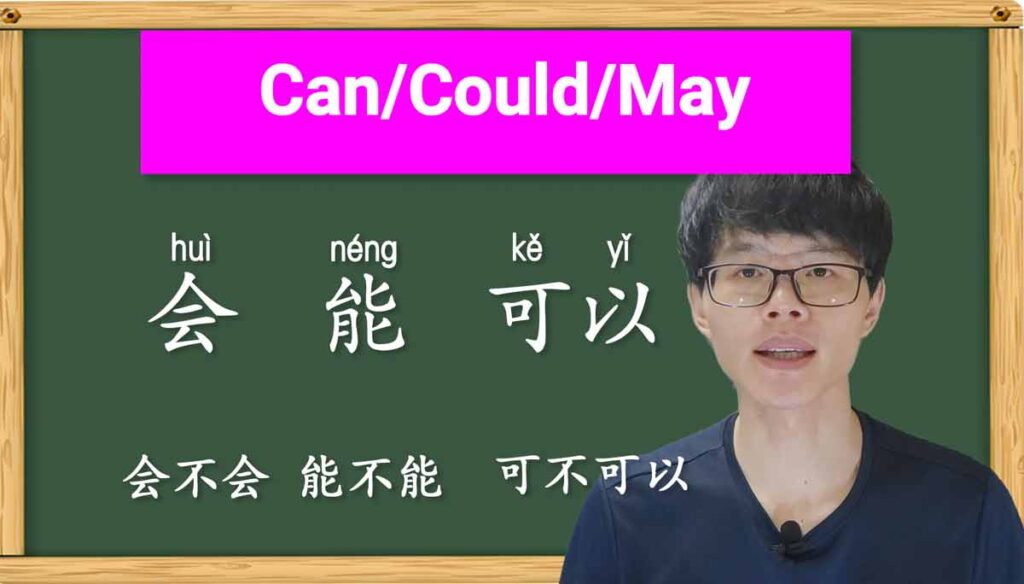‘You are welcome’ is used as a response after being thanked by someone, said as a polite response, or answer when someone thanks you for doing something. Polite words and phrases are really important to everyone and should be high on your list of Chinese learning to start with. You might already know how to say ‘You are welcome’ in Chinese. But, there are other ways to say ‘ You are welcome ‘ in Chinese. Let’s look at how to say ‘You are welcome’ in Chinese like a native.

Formal ways to say ‘You are welcome’ in Chinese
| 不用谢[bú yòng xiè] | |
| 不客气[bú kè qì] | |
| 不用客气 [bú yòng kè qì] |
What you have learned about how to respond to ‘thank you’ must be ‘不客气’, ‘ 不用客气 ‘, or ‘不用谢’. Yes, these three phrases are formal ways to say ‘You are welcome’ in Chinese. However, there are more ways to say it like a native speaker.
Informal ways to say ‘You are welcome’ in Chinese
We use formal language in situations that are serious or that involve people we don’t know well. Informal language is more commonly used in situations that are more relaxed and involve people we know well. ‘不客气’ or ‘不用谢’ can be used almost in every situation, for example, in a speech or a lecture, emails or text messages and spoken Chinese.
It is very formal to say ‘You are welcome’ in Chinese, however, it might be not the perfect way to say ‘You are welcome’ in Chinese. Because ‘不客气’ or ‘不用谢’ makes people feel you lacking emotions sometimes. Or keep you at a distance. That’s why you need to know more ways to say ‘You are welcome’ in Chinese.
Most uses of the Chinese language are neutral; that is, they are neither formal nor informal.
- 见外了[jiàn wài le]
When someone says thank you to you. And you use ‘见外了’ as ‘you’re welcome’ response. It is mainly used between good relationships like relatives, friends, and someone you know well. What does ‘见外了’ means in English? It’s quite hard to explain. Let me make an example for you so that you can get the point.
Friend A: ” The gift is really beautiful, Thank you so much!”
——Friend B: “见外了” (Sounds like, Hey, We’re friends, you don’t want to treat me like a friend? You don’t need to thank me for that)
Colleague A: “I have a meeting now, could you please help me print the contract for me? Thank you so much!”
——Colleague B: “见外了” (Sounds like, hey, we’re a group, no need to thank me for that.)
As you can see, 见外了 is commonly used in between good relations. However, sometimes, it could use in between people who do not know well, especially in business talking. They try to use 见外了 (you are welcome) to get a better relationship between you and them, make them look like a good partner.
Generally, someone thanks you for what you did help them. And maybe you did them a big favor.
No matter it is a ‘big’ help or not, Chinese people use ‘little help’ to say ‘you are welcome’. The three phrases below are all mean ‘little help’. Literally means, you don’t need to thank me for that little help.
- 不足挂齿 [bú zú guà chǐ]
“不足挂齿” literally means [nothing to speak of; not worth mentioning; of no importance]
- 小事一桩 [xiǎo shì yī zhuāng]
- 小意思 [xiǎo yì sī]
Let me show you the next phrases that you are familiar with.
- 很高兴能帮到你 [hěn gāo xìng néng bāng dào nǐ]
“很高兴能帮到你” means it’s my pleasure. If you want to be more polite, you can say “很高兴能帮到您”, the word ‘您’ is more polite than ‘你’. If you don’t know the difference between ‘您’ and ‘你’. You might need to check the link.
- 这是我的荣幸 [zhè shì wǒ de róng xìng]
“这是我的荣幸” means it’s my honor.
NOTE: The Chinese customer service staff will definitely use these two phrases to say ‘You are welcome’ in Chinese. Of course, you can use them too.
- 没事 [méi shì]
“没事” means no problem. But in Chinese, we also use it as you’re welcome. Let’s look at the example below.
“It’s a bit noisy out there, could you please close the window, Thank you!”
——”没事”
NOTE: All those polite words or phrases can be repeated twice in the Chinese spoken language. And it’s recommended. If you do so, people will feel more comfortable and satisfied. Like this “谢谢谢谢”, “不好意思不好意思”, “没事没事”.
For beginners, you can use ‘you are welcome’ in Chinese, 不客气, and 不用谢. That would be enough for you. but if you want to speak like a native Chinese speaker, or want to cooperate with Chinese suppliers or manufacturers. Knowing other ways to say ‘you’re welcome’ in Chinese will help you gain more benefits.















